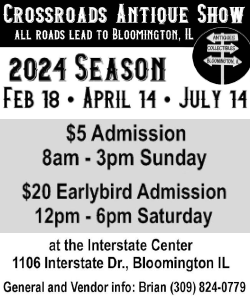|
 Hey,
I was there to help, right? Right there in the kitchenette loaned us
by the Roosevelt Hotel in Anchorage. My wife, Pam, ran the
headquarters for the Iditarod Dogsled Race, and it was the second
year of the race, 1974, and there I sat, a genuine Alaskan
long-distance dog musher who had participated in the first race the
year before. Hey,
I was there to help, right? Right there in the kitchenette loaned us
by the Roosevelt Hotel in Anchorage. My wife, Pam, ran the
headquarters for the Iditarod Dogsled Race, and it was the second
year of the race, 1974, and there I sat, a genuine Alaskan
long-distance dog musher who had participated in the first race the
year before.
So when a nicely dressed elderly gentleman with a thick Boston
accent stopped by for coffee and questions about the race … hey, I’m
there for you.
He said his name was Norman Vaughan and he had some questions, and
we talked for more than an hour. Oh, I explained to this obvious
city guy all about how the dogs were hooked up, and how far we could
go each day, depending on weather. He was a good student, too. When
he rose to go, he said, “Slim, I think we’ll be seeing a lot of each
other and become good friends.”

There was something about Norman that I genuinely
admired, even if I couldn’t have said exactly what it was.
For the record, the race begins (for 50 years now) on the first
Saturday in March in Anchorage, then crosses 1,100 miles of Alaska
to end up on Front Street in Nome. This gives a guy a long, cold
camping trip before he gets to Front Street. Many aren’t able to
complete the race for various reasons, and I was one of those. Four
days in, I crushed an ankle. I crawled in the sled and the team took
me 20 miles to the next checkpoint, where I was ignominiously
airlifted to a hospital in Anchorage by an Army helicopter. [to top of second
column] |

So about a half hour after
Norman left, we were discussing him and sipping coffee when the news
guy on the radio said, “The special guest at the musher’s banquet
tonight will be Colonel Norman Vaughan, who drove a dog team to the
South Pole in 1928.”
Yes, there was laughter. A lot.
Norman Vaughan drove his dog team to the South Pole as a possible
rescuer in case Richard Byrd’s plane was forced down. During World
War II, Norman was in charge of dog team rescue in Greenland, where
they could rescue any air crews forced down on the ice cap. More
than 100 fliers were rescued by his dog teams.
He and I were friends for the rest of his life, and when Norman
Vaughan finally was able to finish the Iditarod Race in Nome, one of
my dogs was his leader.
But after giving this polar explorer the benefit of my “vast”
experience, about all I could do is grin and shrug and say, “Well,
at least now he knows how to do it the right way.”
[Text from file received from
Slim Randles]Brought
to you by Sweetgrass Mornings, by Slim Randles. Now available at
Walmart and Ebay
 |